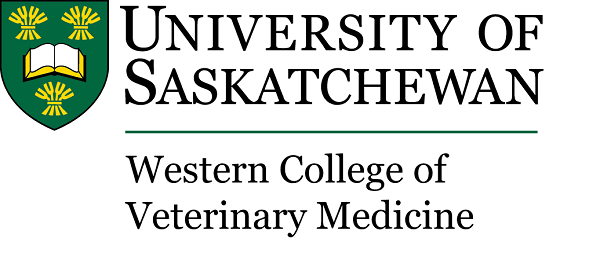
Farmscape for October 18, 2023
| Full Interview 12:48 | Listen  |
The identification of a pig infected with multiple Streptococcus suis serotypes demonstrates the need to continue diagnostic testing even after one serotype has been isolated. Researchers with the Western College of Veterinary Medicine are investigating multiple Streptococcus suis serotype infection following the identification of a pig infected with multiple serotypes. Dr. Matheus Costa, an Assistant Professor with the Western College of Veterinary Medicine and an Adjunct Professor at Utrecht University, explains Streptococcus suis is commonly found in the microbiome of the pig, however certain serotypes will cause disease.
Quote-Dr. Matheus Costa-Western College of Veterinary Medicine:
So far we have identified 25 different serotypes and they seem to be very diverse so there is a lot of differences between them but there is also a lot of similarities. What we expect to do when we establish serotyping is that we hopefully are able to say there is a difference in virulence between the serotypes. We found a single animal that happened to be invaded by two different serotypes and that, so far in the literature, is extremely rare. So, the implication is that we usually wouldn’t look for that. If you found one Streptococcus suis you would stop the diagnostic workup there and move on.
If this is a barn that uses autogenous vaccines for what ever reason then they would use only that isolate. It complicates diagnosis because, perhaps because of the ability of the diagnostic test to detect very few cells now a days, perhaps we need to start looking further for multiple infections instead of stopping the work up right when we find one single Streptococcus. It’s probably a good idea, if you’re submitting samples for diagnostics, to submit multiple samples from the same pig to make sure you’re not missing a multiple serotype infection case.
Dr. Costa suggests the identification of a multiple serotype infection makes the diagnosis of Strep suis much more complicated and suggests we may be underestimating the organism.
For more visit Farmscape.Ca. Bruce Cochrane.
*Farmscape is produced on behalf of North America’s pork producers





